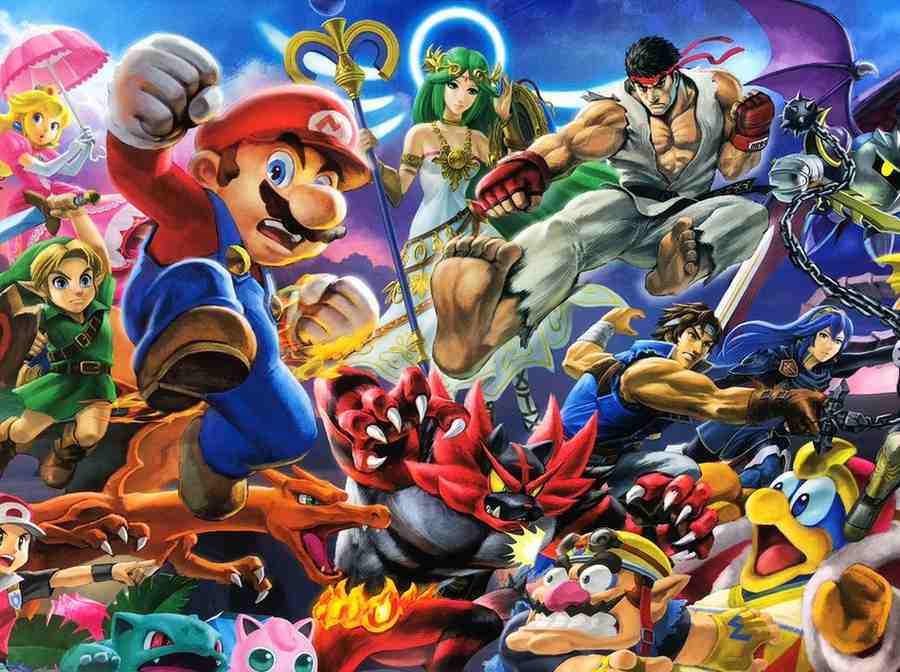The idea of “retro gaming” has been of interest to enthusiasts for years. Retro gaming isn’t always just a hobby but a cultural phenomenon. Yet, defining even as a game will become “retro ” may be alternatively complex. While some argue that the period applies to video games from a particular generation, others recollect it’s more about sentimentality and historical value. This article explores what makes a game retro, examining the timelines, traits, and cultural effects shaping this label.
What Defines a Retro Game?
A retro game is usually considered any game that conjures up nostalgia and represents a preceding gaming technology. These video games typically exhibit older hardware, mechanics, and aesthetics. Retro gaming is cautiously tied to the consoles, computer systems, and arcade systems on which those video games have been played.
Key traits of retro video games consist of:
Outdated Graphics
Retro games frequently feature pixel art or polygonal designs indicative of advanced technology.
Simpler Mechanics
Earlier games commonly had honest gameplay compared to trendy, complicated titles.
Cultural Impact
Games that defined technology or pioneered new genres often emerge as retro classics.
How Long Before a Game Is Retro?
There’s no trendy rule, but the fashionable consensus among gamers is that a game must be at least 15 to 20 years old to be considered retro. This age range regularly aligns with generational shifts in gaming hardware and software.
Technological Generations
Retro reputation regularly relies upon hardware evolution. For instance, the jump from 16-bit to 32-bit gaming turned into innovation within the early Nineties. Similarly, the release of HD consoles just like the Xbox 360 and PlayStation 3 in the mid-2000s marked a shift in high-resolution gaming.
Cultural Shifts
A game’s age isn’t the only element in figuring out retro fame. Its cultural effect, relevance, and contribution to gaming information also play a crucial role. A groundbreaking game like The Legend of Zelda: Ocarina of Time is frequently considered retro due to its innovation and effect, even by folks who never played it.
Sentimental Value
For many game enthusiasts, retro video games are tied to their memories. This emotional connection regularly leads people to classify video games from their childhood as retro, even though they don’t fit neatly into a selected timeline.
Comparing Retro to Classic and Vintage
While retro gaming is a frequently used term, it’s regularly careworn with associated labels like “conventional” and “vintage.” Each has a wonderful meaning:
Retro
Typically 15–20 years old; inspires nostalgia and represents an advanced gaming era.
Classic
Timeless video games are recognized for their immoderate remarkable effect, irrespective of their release date.
Vintage
Older than retro video games, regularly from the early days of gaming (Seventies–Nineteen Eighties), and brought into consideration uncommon or collectible.
Milestones That Shape Retro Gaming Timelines
The following milestones regularly mark transitions into retro gaming reputation:
End of Console Lifespan
When consoles much like the Sega Genesis or PlayStation 2 are now not supported with new video games, their titles grade by grade transition into retro territory.
Technological Breakthroughs
The introduction of 3-D gaming, online multiplayer, and motion controls created first-rate eras. Games predating those improvements are frequently labeled retro.
Re-releases and Emulators
When older video games are remastered or re-released on current systems, they frequently advantage of retro popularity. Emulators also play an important function in keeping those video games for logo-spanking new audiences.
Why Retro Gaming Is Popular
Retro gaming isn’t pretty tons revisiting old favorites; it’s a thriving way of life with present-day relevance. Here’s why retro gaming continues to capture hearts:
Nostalgia
Older video games regularly deliver gamers back to their adolescence, imparting a comforting sense of familiarity.
Simplicity
Unlike modern-day games with expansive storylines and complicated controls, retro video games are regularly easier to pick up and play.
Affordability
Vintage consoles and games are regularly much less steeply priced than modern gaming setups, making retro gaming accessible to a broader goal market.
Preservation of History
Retro gaming celebrates the roots of modern gaming by using the usage of keeping older titles and structures alive for destiny generations.
Modern Platforms for Retro Gaming
Several systems make it less tough than ever to enjoy retro video games nowadays:
Retro Consoles
Systems much like the NES Classic Edition or Sega Genesis Mini permit players to relive their favorite video games in a handy package.
Digital Stores
Emulation and ROMs
Emulators allow players to enjoy retro video video games on modern gadgets. However, crook issues surrounding ROMs regularly upward thrust up.
FAQs
What’s the distinction between retro and vintage video games?
Retro video games are nostalgic titles from a preceding generation, the same time as “antique video games” can consult with any preceding or discontinued name.
Are all retro video games collectible?
Not all retro video games are collectible. Rarity, situation, and ancient significance affect an endeavor’s collectibility.
Can current games become retro in the future?
Yes, as time passes, these days modern video games may be considered retro, relying on technological upgrades and cultural importance.
How do I begin retro gaming?
Begin with the useful resource of selecting a platform like emulators, retro consoles, or online shops offering traditional video games.
Why are retro video games so costly?
Some retro video games have restricted availability or excessive calls for, specifically uncommon titles or those in mint state of affairs.
Conclusion
Determining how long it takes for a game to be considered retro depends on various factors, together with age, cultural effects, and technological shifts. While the 15–20-year mark is a popular guiding precept, the real essence of retro gaming lies in its capability to evoke nostalgia and preserve gaming history. Whether you’re a pro gamer or a curious newcomer, exploring retro titles gives you a unique opportunity to enjoy the evolution of video video video games.












